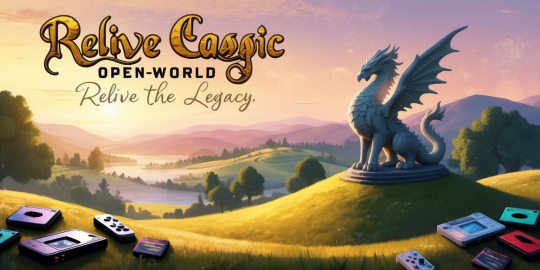
Today marks a moment of mixed excitement and skepticism in the gaming community. A major announcement is set to occur precisely at 16:00 BST/17:00 CEST, unveiling a reimagined version of a beloved classic from 2006, now polished and updated for a new generation. This revival has sparked conversations about the merits and pitfalls of remastering older titles.
The announcement will not only reveal the revamped classic developed by Virtuos for Bethesda’s original work, but it is also expected to include an immediate release. Streaming platforms are already preparing, with Twitch enabling an official category for the game, while social networks buzz with discussions and speculations about its potential launch strategy.
Amidst the overall anticipation, a notable voice of dissent emerges. A former executive from Blizzard has expressed doubts regarding the viability of reintroducing a past hit in a modern format. He contends that the legacy of an acclaimed title from two decades ago may not withstand comparison with the groundbreaking elements seen in newer adventures like Elden Ring.
The former leader argues that remastered versions of classics struggle to capture the innovations of today’s open world experiences. He believes that the standard for immersive, expansive environments has evolved dramatically, influenced by seminal titles such as Elden Ring and even earlier innovations from popular franchises. He openly admits his reluctance to embrace the trend, stating his personal reservations while welcoming any evidence that might challenge his stance.
Key observations include:
- The renewed interest in a classic game updated for contemporary audiences.
- The excitement surrounding the immediate release and dedicated streaming category.
- A renowned former executive questioning the future appeal of remastered open world adventures.
This perspective invites further reflection on whether reinventing older masterpieces can truly stand up to the creative benchmarks set by recent releases. How will this remaster be received in the ever-evolving landscape of interactive entertainment?